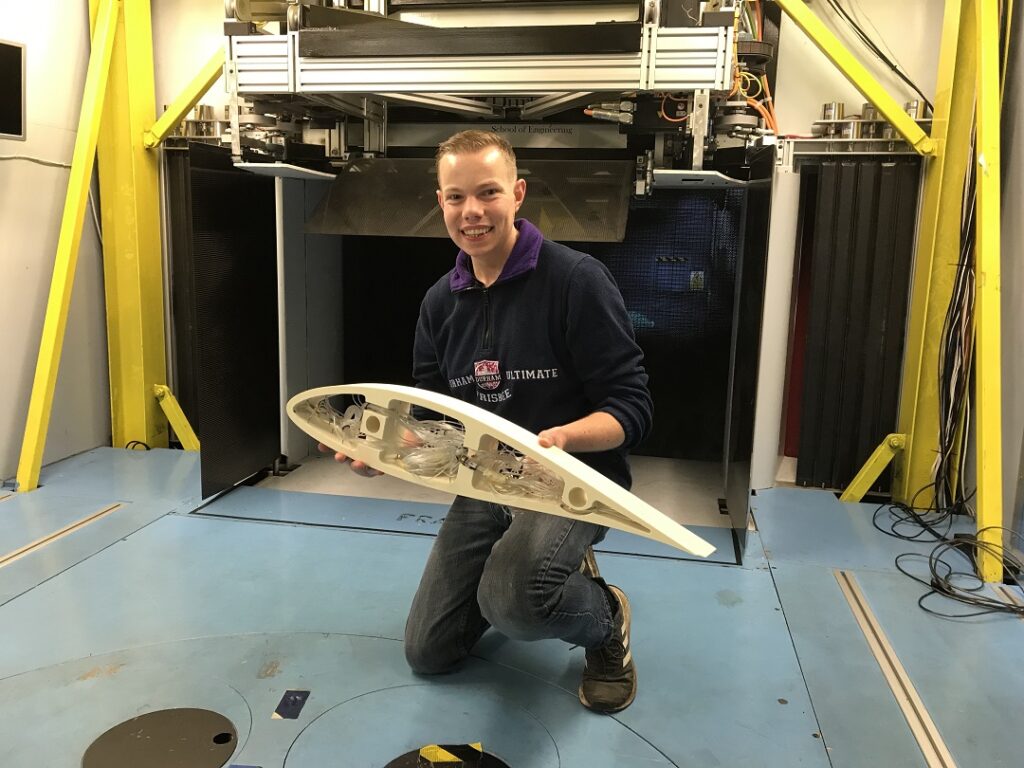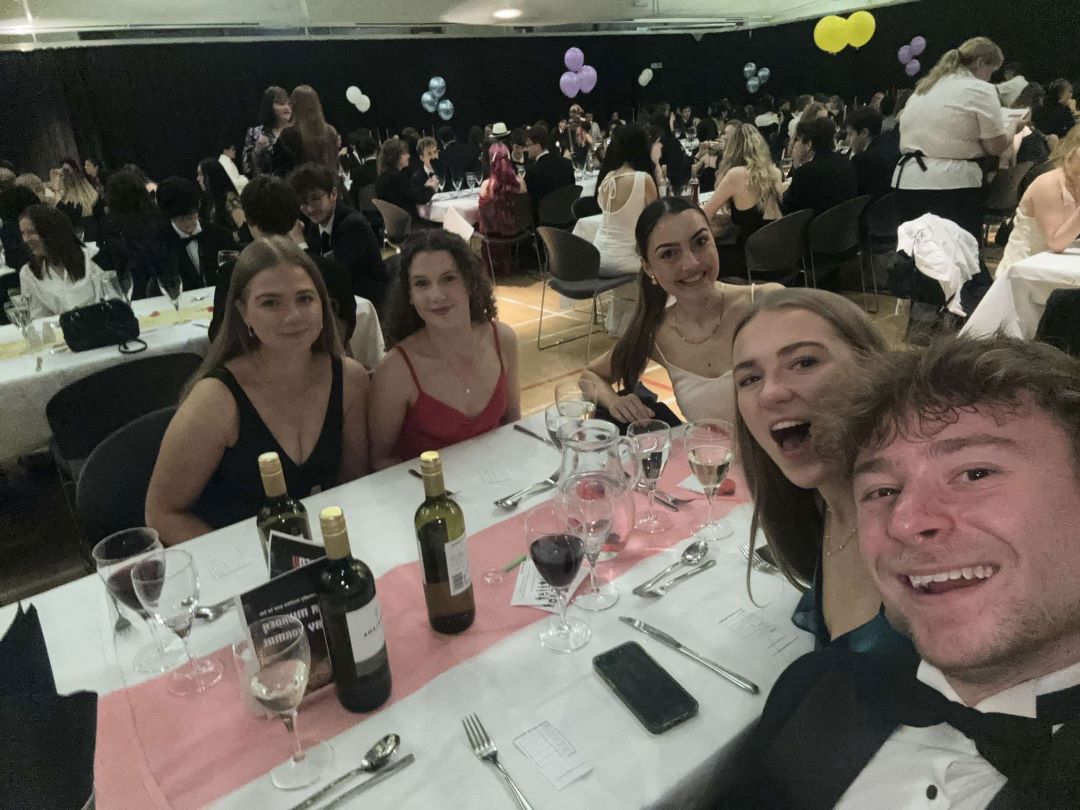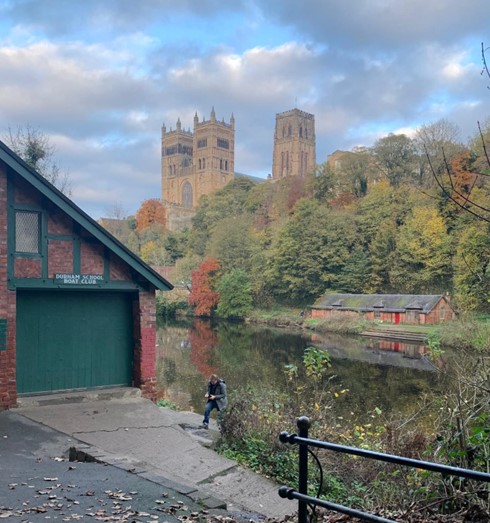Taking the step towards a PhD
Like many people coming towards the end of their undergraduate careers, I was left at crossroads over what my next steps would be. Having studied Aerospace Engineering as an undergraduate, I knew I wanted to either pursue this field, or transition into renewable energy. After searching for both jobs and PhDs, the opportunity arose to do a PhD at Durham University (DU) within the field of wind energy, and I have spent the last four years researching erosion effects on wind turbine blades.
Pick a topic you’re passionate about
Choosing to do a PhD is a big commitment and, as with all such decisions, there have been highs and lows, though I have rarely looked back and regretted my decision. My advice to anyone thinking about a PhD is pick a topic you are passionate about because you will be focused on that one thing for 3-4 years.
It’s not work 24/7
One of the biggest transitions from being an undergraduate to doing a PhD is the shift in responsibility. Suddenly you are in charge of managing all of your time, making your own decisions, and working to your own deadlines. You will get better at this as time goes on, but there is no reason why you can’t balance working with any clubs and societies you want to be a part of too. I have consistently been a part of multiple sports clubs, both college and DU, and have taken on many committee roles during my time at Durham, while also having time to socialise and attend events.
Working within a partnership
I have been fortunate enough to be part of the Prosperity Partnership: A New Partnership in Offshore Wind which is essentially a collection of research topics, supported by industry, with partners for my project from Ørsted and Siemens Gamesa Renewable Energy. Click here to read recent news article, ‘University and industry partnership propels the future of renewable energy’.
Worldwide events, annual events – well worth attending!
Events organised within the partnership to various locations, both within the UK and overseas, have been a great way to improve exposure to the wind energy field, with visits to blade factories, research centres and test facilities. Annual events have also offered a great way to expand on subject knowledge and exchange ideas with other researchers.

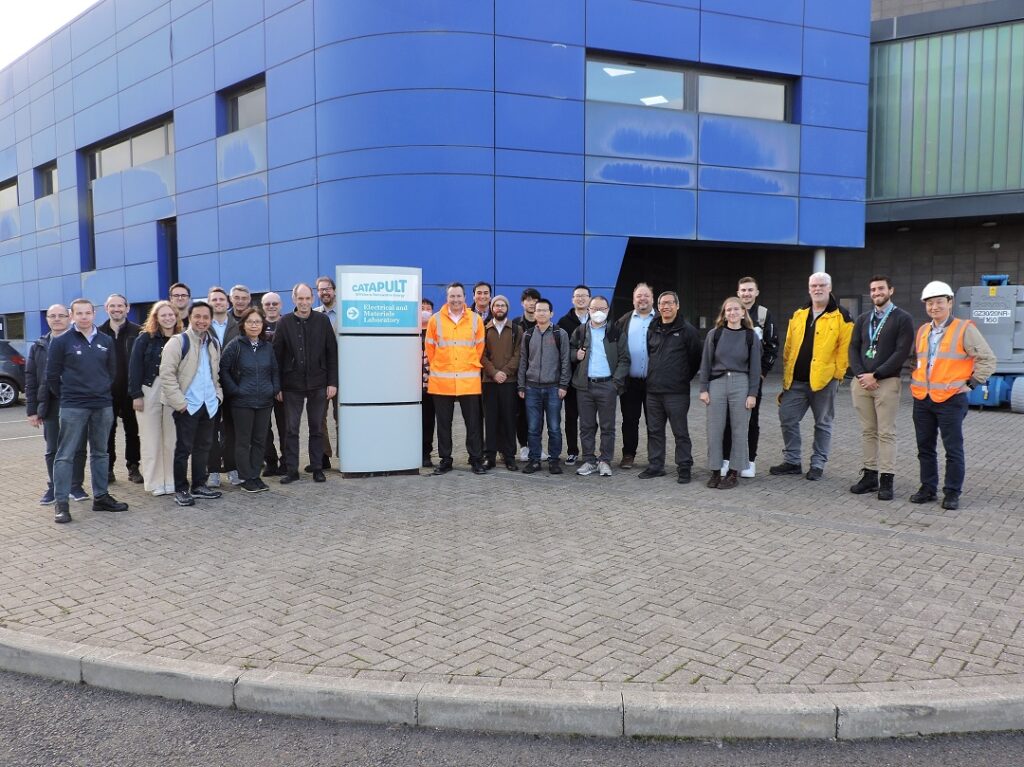
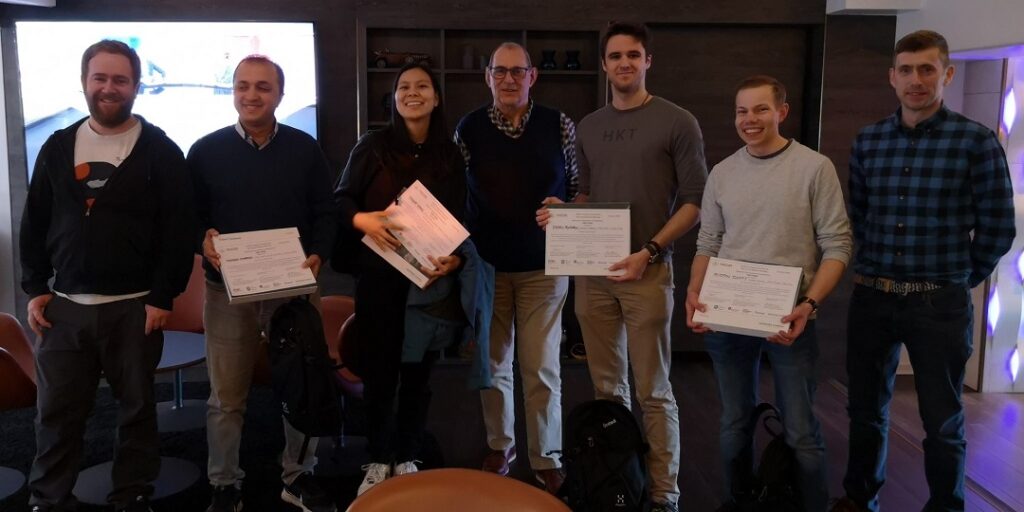
The benefits of industrial partners…
I spent most of the first couple of years of my PhD being told by my supervisor what a privilege it is to have industry partners supporting my project, and for most of that time I took it for granted that I was able to work alongside two of the largest companies in the offshore wind sector. It is only now, looking back through four years of my PhD that I can really appreciate the impact it has had.
and truly realising what a benefit they are!
Consistently, I have had input and feedback which has improved the quality of research, while also tailoring the project towards industry requirements and making it more relevant to the current environment. All of these are desirable qualities for conducting original research, while also contributing to advancing this developing area and providing real solutions for industry.
Increasing your exposure
Conferences, seminars, and research competitions have provided me with great opportunities to improve my presentation skills and to start discussions over my research. Working with partners in industry, I have been able to increase my exposure directly within these companies by presenting my research in internal seminars. In doing so, more people have become involved with my project, further increasing the impact of my research. They say, ‘it’s not what you know, it’s who you know’, and to some extent, that is true. Through increased exposure, working in a collaborative partnership is a big step in that direction.
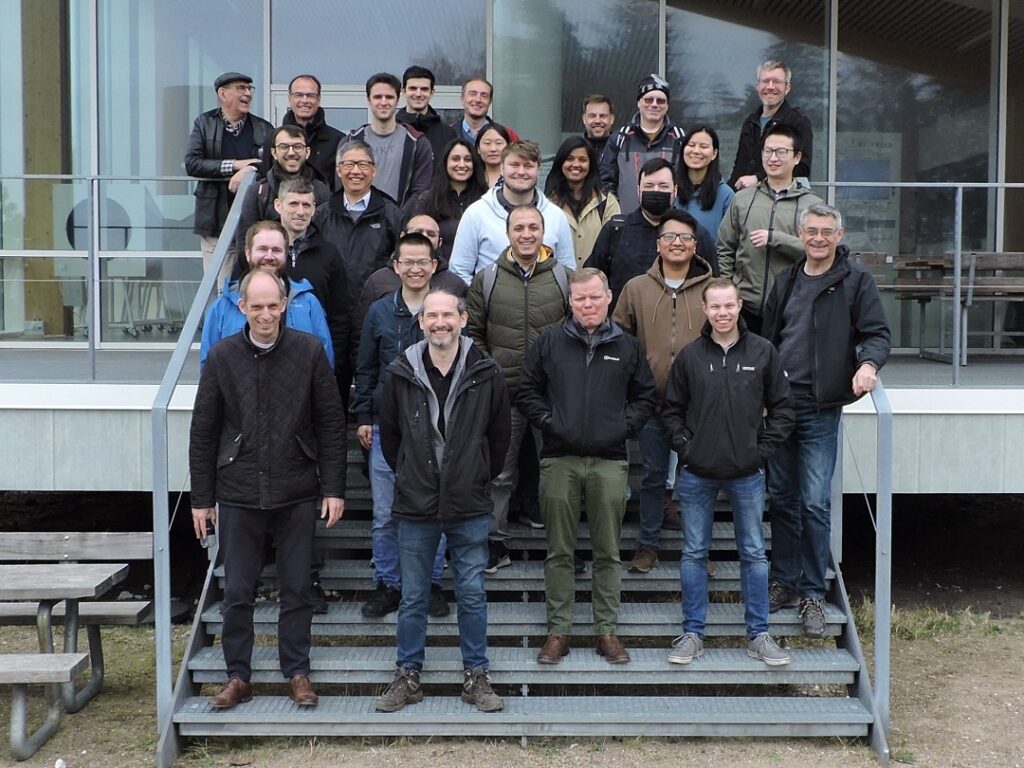
Discover more
Our Department of Engineering offers a wide range of Engineering pathways, is recognised as one of the leading centres of research in Engineering in the world and is ranked 5th in the UK in The Guardian University Guide 2022. Students benefit from excellent employment opportunities as well as interdisciplinary research and national and international cooperation.
Feeling inspired? Visit our Engineering webpages to learn more about our postgraduate and undergraduate programmes.
To learn more about Postgraduate studies (specifically) in Engineering, click this link
Create your own personalised prospectus here
Follow our students on Instagram, TikTok and YouTube


